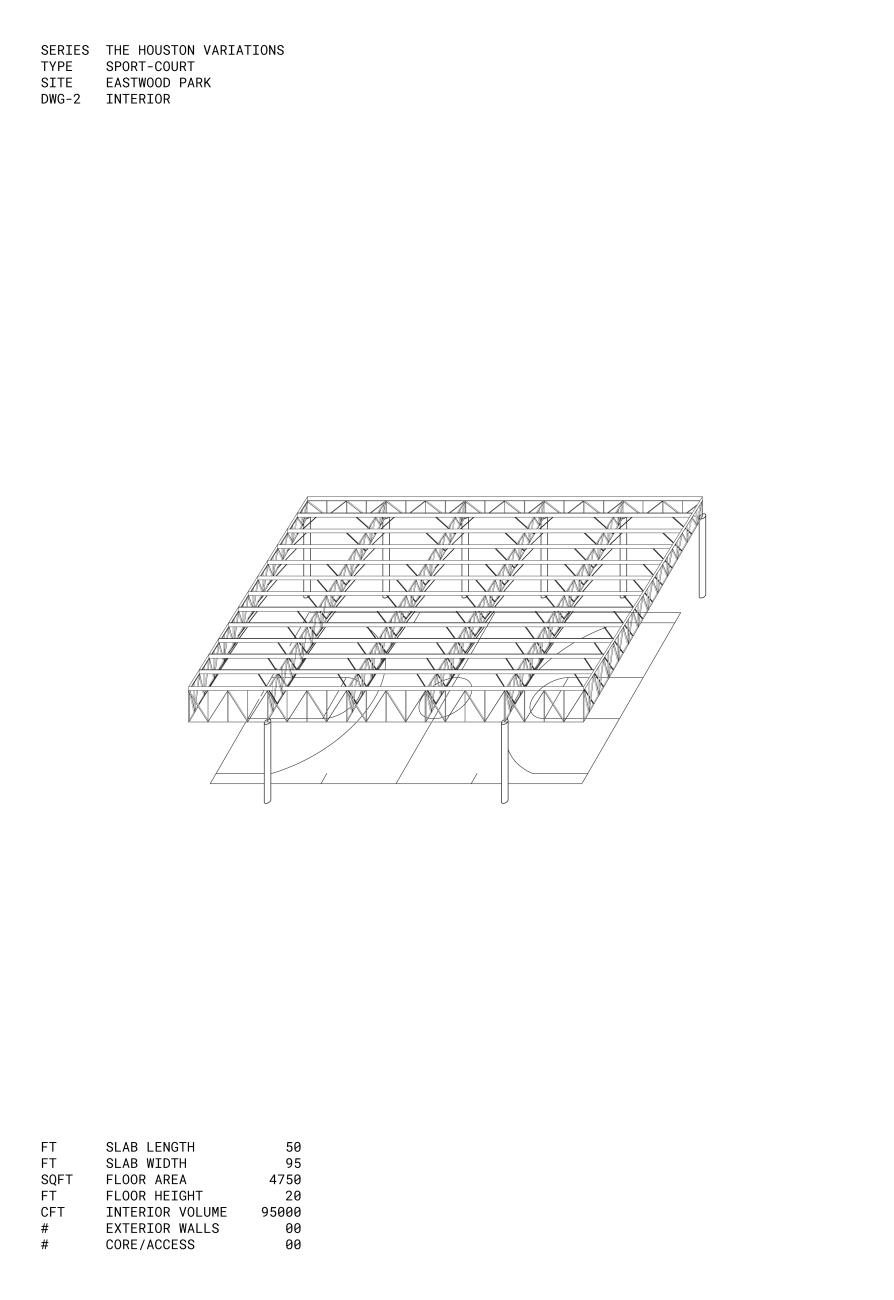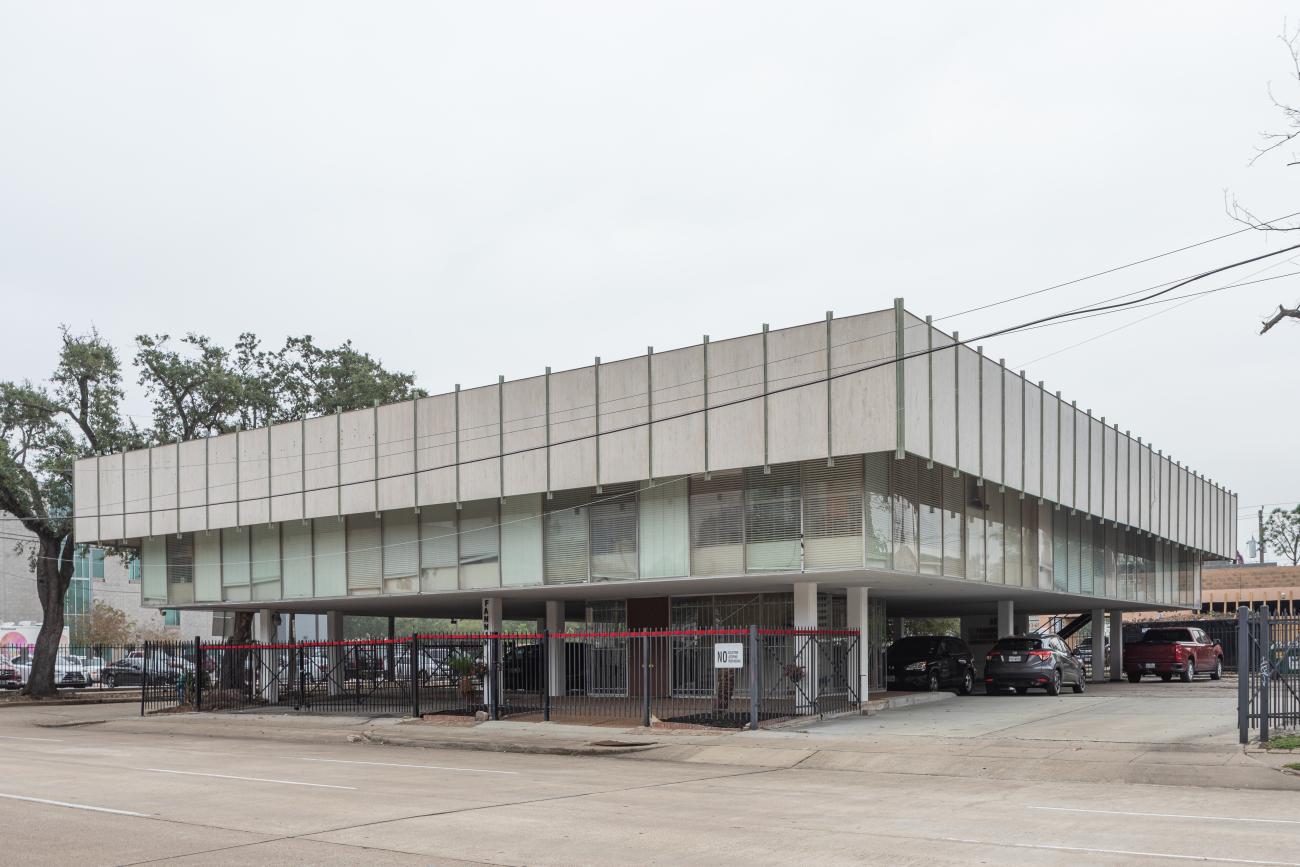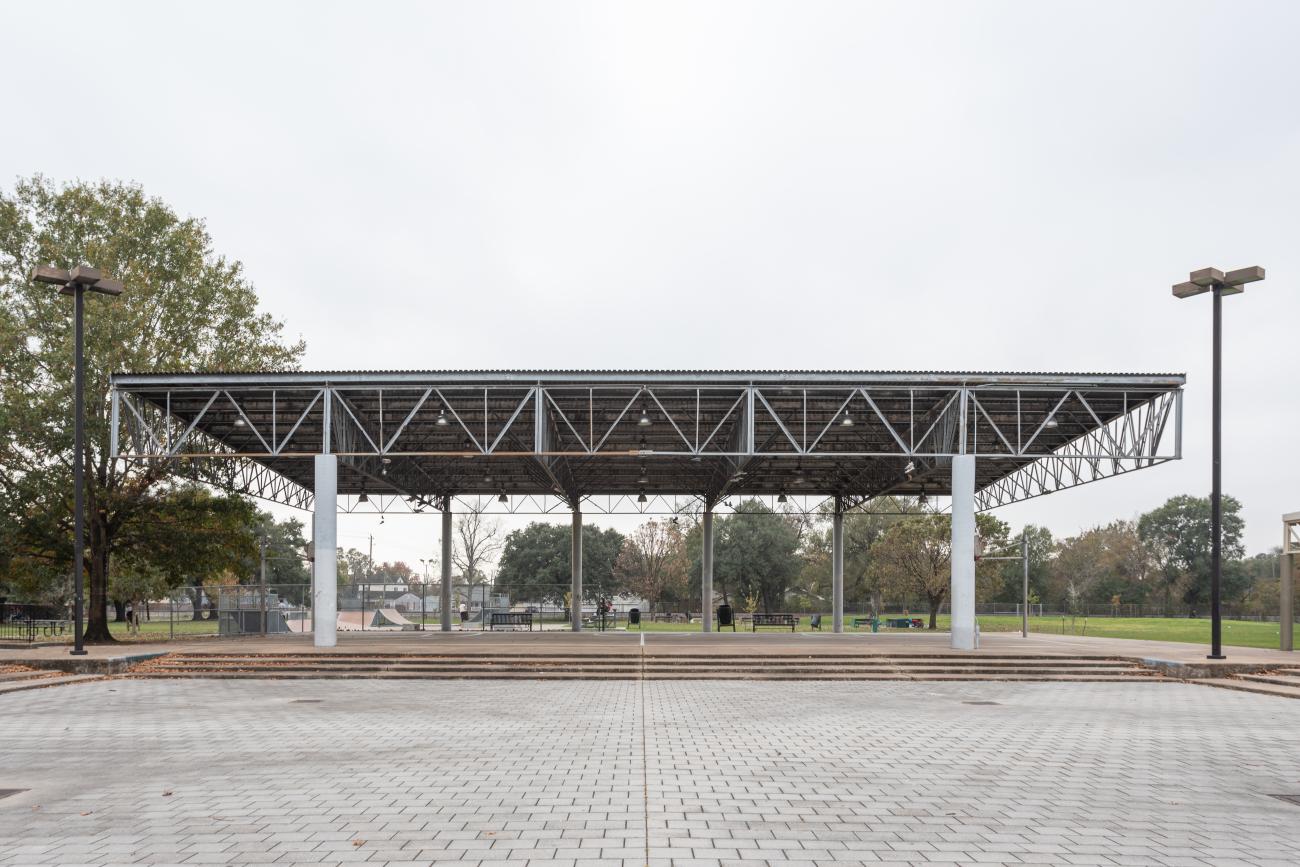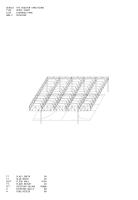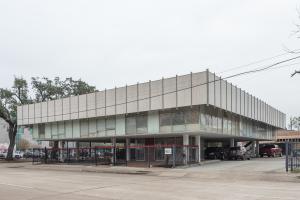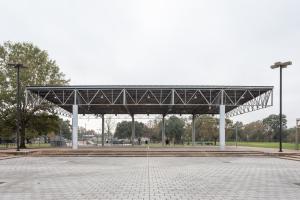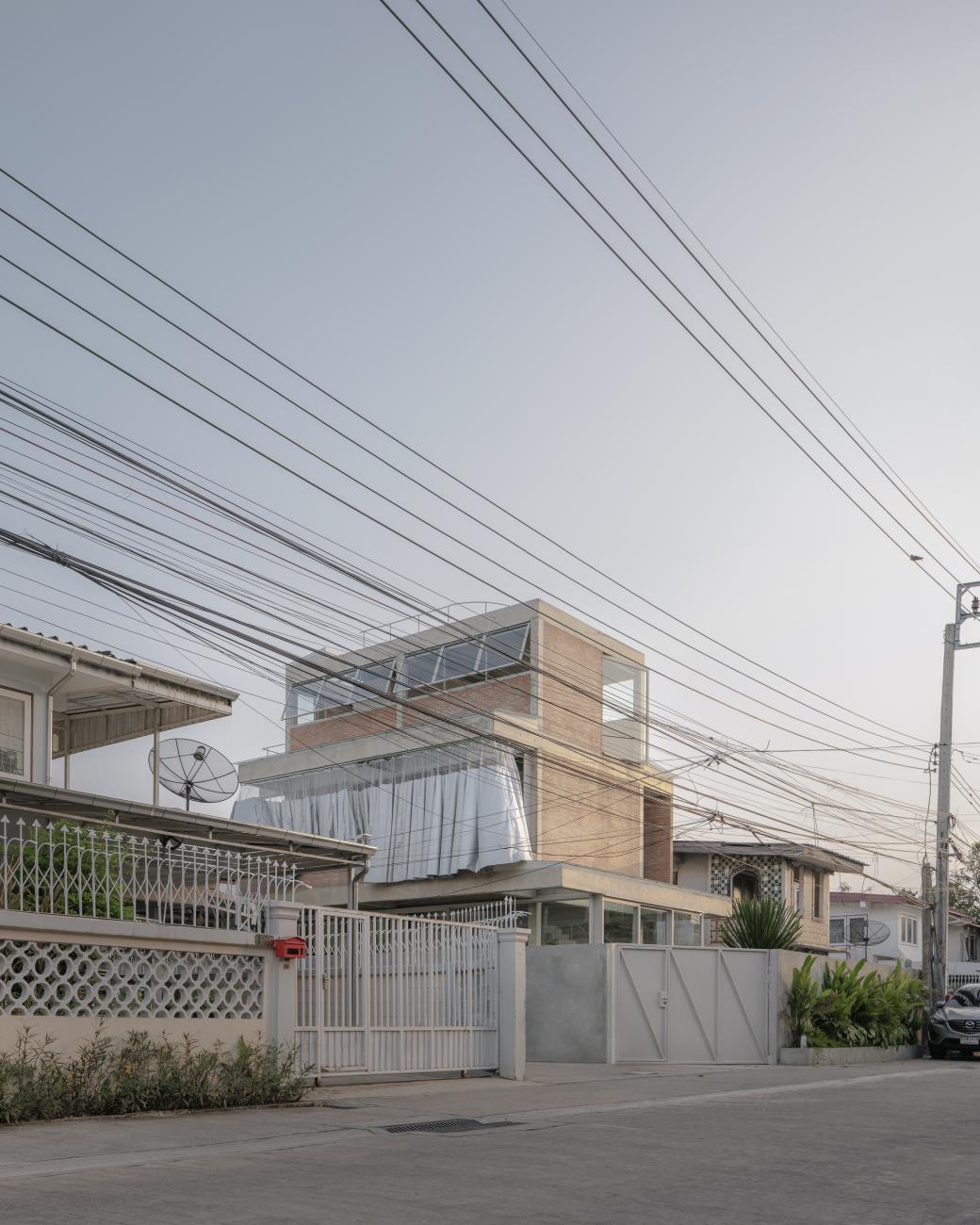HDRG
The goal of the Houston Design Research Grant (HDRG) is to promote quality design research for Houston-specific urban conditions that can also inform urban discourses and debates more broadly. The grant is open to U.S. university students and faculty looking to work on research projects that contribute to the improvement of Houston’s urban environments and urban life for all its citizens. Winning proposals in both categories (faculty and student) should demonstrate potential to catalyze a Houston-based design project that is relevant both locally and globally.
The grant is open to a broad array of urban topics, scales and methodologies, providing seed funds for further research and expansion of the topic. All applications must address Houston’s built environment, its history, present condition, and future development and show specific connections to architecture, design, and spatial thinking. Potential areas of research could include but are not limited to: design innovation, preservation, gentrification, climate change, affordable housing, environmental issues, public space, and
urban transportation.
The grants are administered by the Rice University School of Architecture and are made possible thanks to a generous gift from The Mitsui U.S.A. Foundation, the philanthropic arm of Mitsui & Co. (U.S.A.), Inc. (“Mitsui USA”).
About The Mitsui U.S.A. Foundation
Established in 1987, The Mitsui U.S.A. Foundation is the philanthropic arm of Mitsui & Co. (U.S.A.), Inc., for active social contribution programs in communities where the company does business. Currently, it supports more than fifty initiatives across the United States in the areas of education, community welfare, arts and culture, and employee matching and volunteerism.



